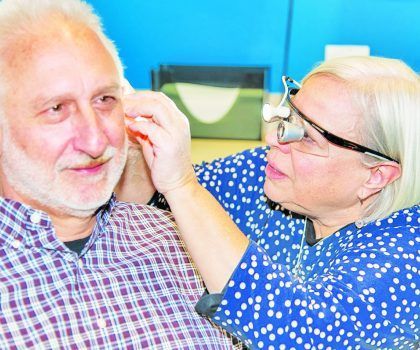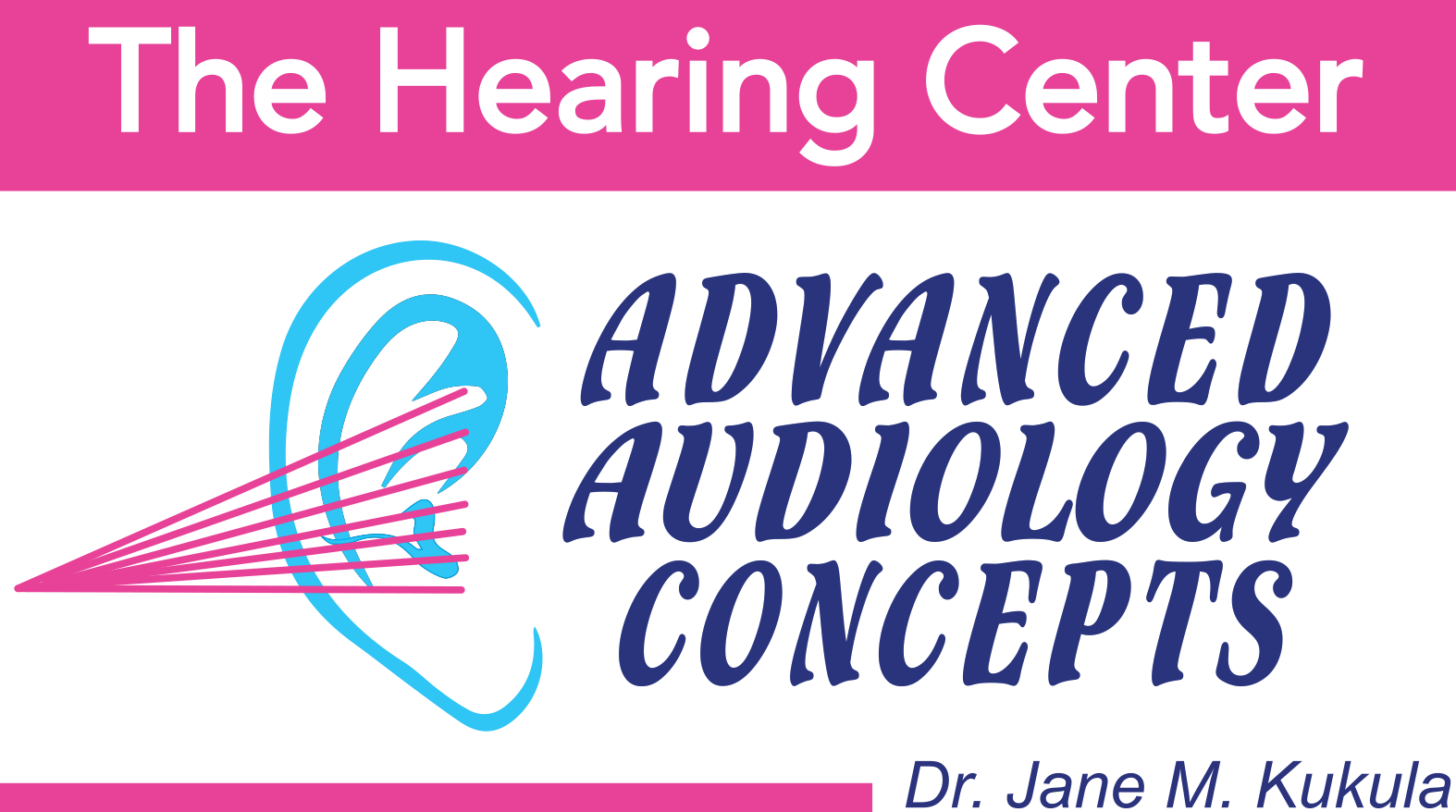8897 Mentor Ave Mentor, OH 44060
8897 Mentor Ave Mentor, OH 44060
Tips for Preventing Hearing Loss
Hearing loss is a common condition that can be caused by a variety of factors, including aging, exposure to loud noises, genetics, infections, and certain medications. While some causes of hearing loss cannot be prevented, there are steps that you can take to protect your hearing and minimize the risk of developing hearing loss. Here are some tips for preventing hearing loss:
- Protect your ears from loud noises: Exposure to loud noises is one of the most common causes of hearing loss. You can protect your ears by wearing earplugs or earmuffs when working in noisy environments, attending concerts or sporting events, or using power tools or other loud equipment.
- Turn down the volume: When listening to music, watching television, or using headphones, be sure to turn down the volume. Listening to music or other sounds at a high volume for long periods of time can damage your hearing.
- Take breaks from loud noises: If you are exposed to loud noises for an extended period, take regular breaks to give your ears a rest. This is especially important if you work in a noisy environment.
- Get regular hearing tests: Regular hearing tests can help detect hearing loss early and prevent it from getting worse.
- Avoid ear infections: Ear infections can damage the structures of the ear and lead to hearing loss. To prevent ear infections, keep your ears clean and dry and avoid putting objects in your ears.
- Be mindful of medication side effects: Some medications, including antibiotics, chemotherapy drugs, and some painkillers, can cause hearing loss as a side effect. Talk to your doctor about the potential side effects of any medications you are taking.
- Maintain a healthy lifestyle: A healthy lifestyle can help prevent hearing loss by reducing the risk of conditions that can contribute to hearing loss, such as high blood pressure, diabetes, and cardiovascular disease. Exercise regularly, eat a healthy diet, and avoid smoking and excessive alcohol consumption.
By following these tips, you can help protect your hearing and minimize the risk of developing hearing loss. If you are concerned about your hearing, give us a call. We can help you determine the best ways to protect your hearing and preserve your ability to hear and enjoy the sounds of everyday life.



Schedule a Consultation now
Contact Us
We will get back to you as soon as possible.
Please try again later.
Quick Links
All Rights Reserved | © 2022 All Rights Reserved | Advance Audiology Concepts | This site is powered by Bluefoot.
